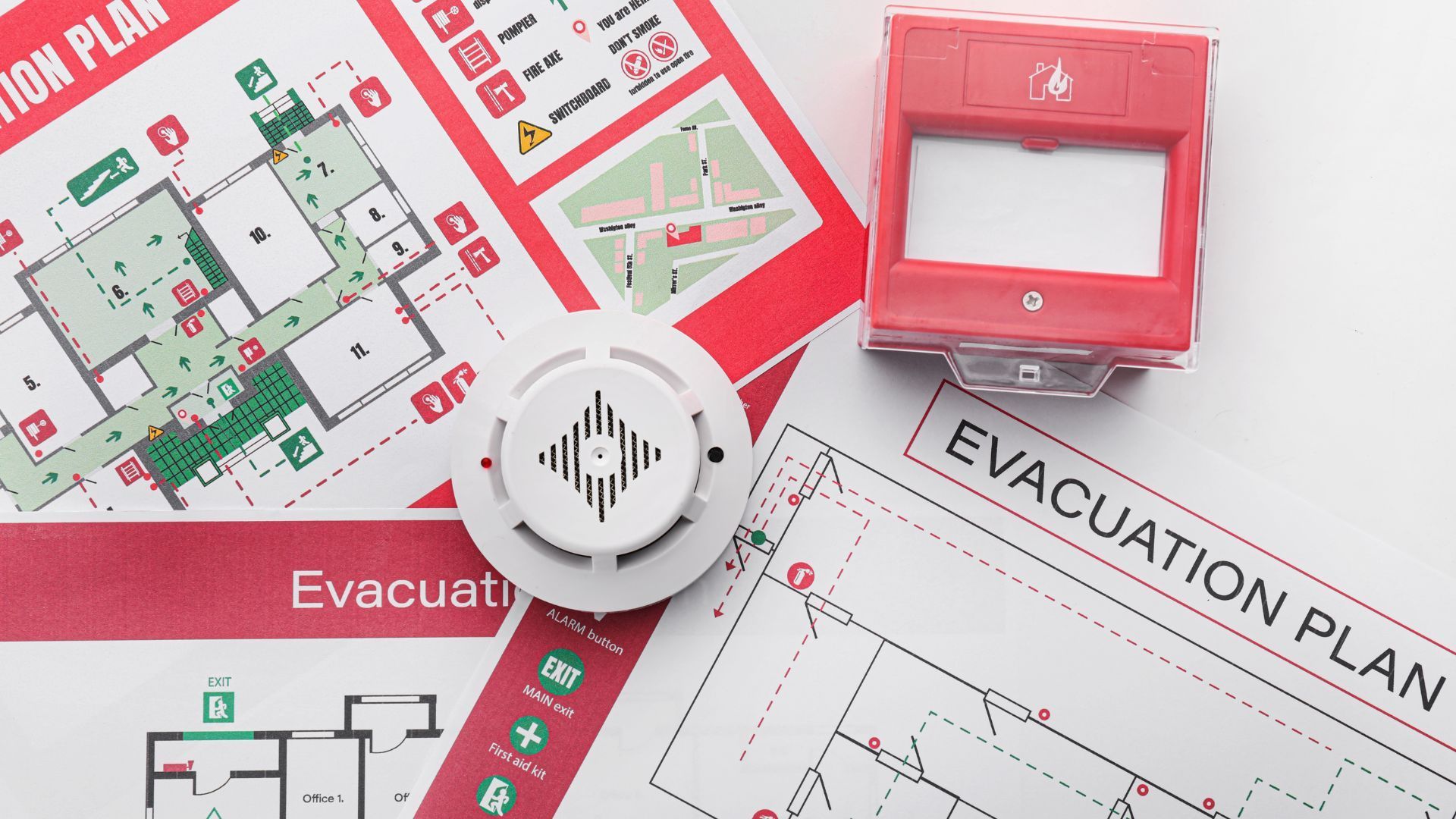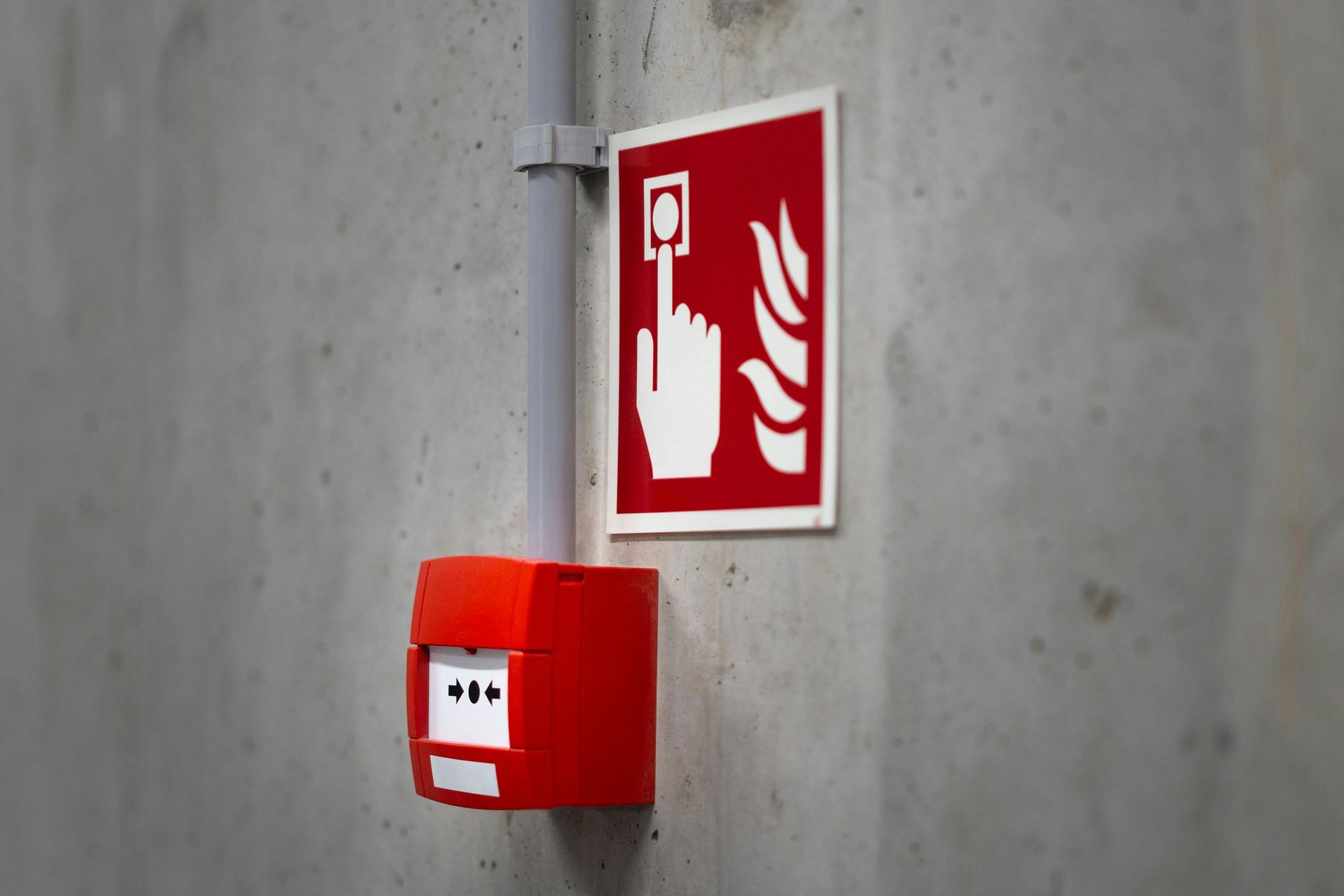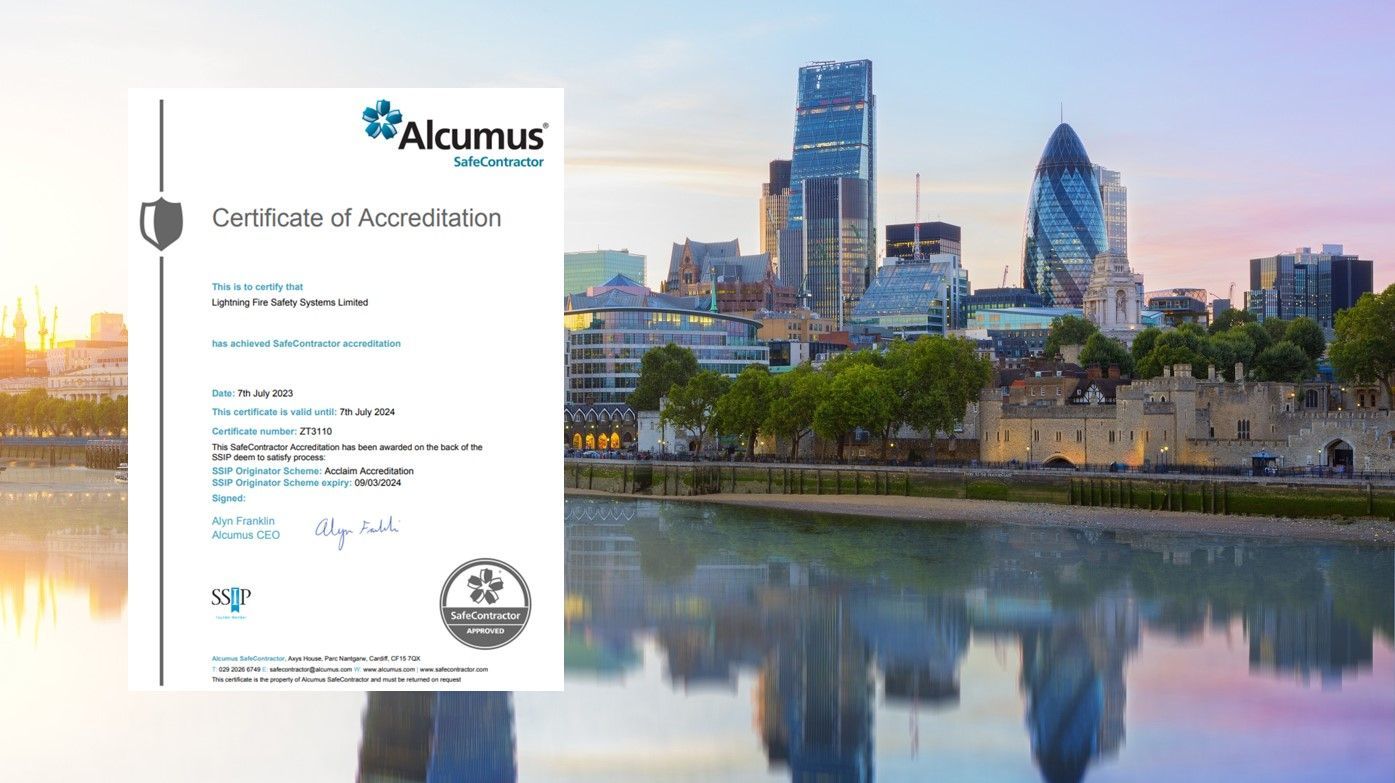Domestic Fire Alarms
In homes across the UK, a small, often-overlooked device quietly sits on the ceiling. It may not seem like much, but that humble fire alarm can mean the difference between life and death.
Domestic fire alarms are one of the most effective safety measures for protecting lives and property. Despite their importance, thousands of UK homes still lack adequate fire detection systems. In this blog post, we’ll explore why domestic fire alarms are essential, the legal requirements, and how they contribute to a safer home.
Fires can spread rapidly. Within minutes, a small flame can engulf an entire room. The most dangerous fires often occur at night when residents are asleep and less likely to notice smoke or flames.
Fire alarms provide early warning, giving you and your family precious seconds to escape. According to the UK Home Office, you're more than twice as likely to die in a house fire if you don't have a working smoke alarm.
In the UK, having working fire alarms isn’t just a good idea—it’s the law:
England: As of October 2022, all rented homes must have at least one smoke alarm on each storey and a carbon monoxide alarm in rooms with a solid fuel appliance.
These regulations aim to standardise fire safety across homes and ensure that everyone, regardless of their housing situation, is protected.
While lives are the most important concern, fire alarms also play a role in protecting your home and belongings. Early detection allows the fire service to respond quicker, potentially reducing the scale of damage.
Insurance providers may even require that homes have functioning fire alarms, and failing to comply could impact your ability to claim compensation after a fire.
Knowing your home is protected gives you and your loved ones peace of mind. Whether you’re asleep, away from home, or simply going about your day, a working fire alarm adds a critical layer of safety.
Domestic fire alarms are not optional extras—they’re life-saving essentials. Whether you own your home or rent, ensuring you have properly installed and regularly tested alarms is one of the simplest, most effective ways to protect your household.
If you haven’t checked your fire alarm recently, now is the time. A two-minute test could one day save your life.













